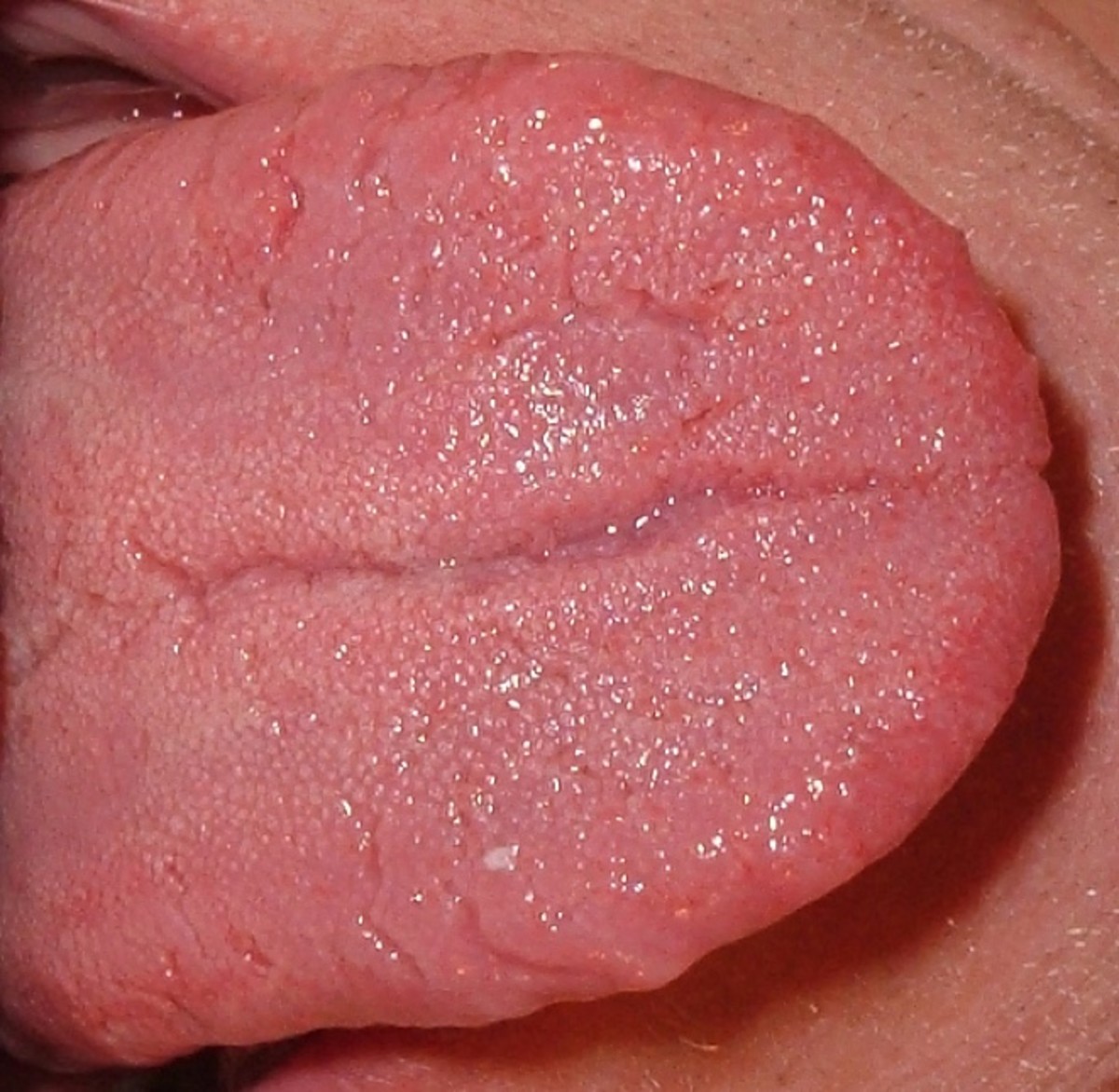Graves Disease Diet Tips And Nutritional Supplementation
People with Graves’ Disease need to eat healthy and take the proper nutritional supplements if they want any chance to restore their health back to normal. Most people with this autoimmune thyroid disorder don’t modify their diet at all, as they simply manage their symptoms with anti-thyroid drugs or radioactive iodine. But a proper Graves Disease diet can really make a big difference in one’s recovery.
The reason why many people don’t consider a Graves Disease diet is because they assume that their condition is incurable. But in many cases it is possible to restore the function of the thyroid gland in a person with Graves’ Disease. When I was first diagnosed with Graves’ Disease, I honestly wasn’t thinking about changing my diet right away, but soon came to realize that many people with this condition have nutritional deficiencies that need to be addressed. And so what I plan on doing here is to share some of the common nutritional deficiencies people with this disorder have, and what foods and supplements one can take to improve their health.
What Nutritional Deficiencies Are Present In Graves’ Disease:
When discussing any Graves Disease diet, one needs to focus on any nutritional deficiencies. Here are just a few of the common nutrients/minerals people with this condition can be deficient in:
• Iodine
• B Vitamins
• Selenium
• Vitamin D
• Other trace minerals (zinc, etc.)
Many people with Graves’ Disease are surprised to see iodine on this list. Some healthcare professionals assume that people with a hyperthyroid disorder have an excess of iodine, and as a result will recommend that people with any type of hyperthyroidism avoid iodine completely. This might seem to make sense when you consider that this condition involves an overproduction of thyroid hormone, and iodine is necessary to produce thyroid hormone. But excess iodine is usually not the cause of a hyperthyroid condition, as there are other causes of the malfunctioning thyroid gland.
But the proof of this deficiency lies within the testing. Dr. David Brownstein, who is the author of the book“Iodine, Why You Need It, Why You Can’t Live Without It”, has tested thousands of patients for iodine deficiencies, and found that even in people with Graves’ Disease, iodine deficiency is very common. If you’re still skeptical, the best way to determine whether you are deficient in iodine is to take an Iodine Loading Test, which you can find out more about by visiting www.hakalalabs.com.
Many people with Graves’ Disease are also deficient in Vitamin D. In fact, Vitamin D has been shown to play a vital role in immunity, and studies show it can help prevent or stop an autoimmune response, which of course is important with someone who has an autoimmune thyroid disorder. Once again, to determine whether or not you are deficient in Vitamin D, you can get a Vitamin D test. For more information on the benefits of Vitamin D, visit www.vitamindcouncil.org.
Minimize Refined Foods & Eat Plenty Of Protein
As part of any Graves Disease diet you want to minimize any refined foods. There are a few reasons for this, but one of the biggest reasons is because refined foods are depleted of nutrients. In the refining process they remove the nutrients, and then attempt to replace some of these through the process of “enriching”. But the truth is that enriched foods do not have most of the original nutrients that were removed in the first place, which is why you want to try to eat as many whole foods as you can (some examples are vegetables and fruits, nuts and seeds, chicken and turkey, etc.).
You also want to eat plenty of healthy proteins. Assuming you’re not vegetarian, you can eat lean meats such as chicken, turkey, and fish. You ideally want to buy organic meats, so that you’re not ingesting any of the hormones that are commonly given to livestock. I personally have a protein drink to start my day, as I have a cup of frozen berries (raspberries, blueberries, and blackberries), two cups of purified water, some quality protein powder, flax seed oil, and a raw organic egg. You just want to make sure that you consume “healthy” proteins, and you want to try eating at least a small amount of protein during each meal.
Graves Disease and Nutritional Supplementation
As for what supplements you should take as part of your “Graves’ Disease Diet”, I want to begin by reinforcing that nutritional supplementation can be an important part of the recovery process. With that being said, there is no miracle supplement that can cure your condition. Another important point is that even though nutritional supplements and herbal remedies are natural, this doesn’t mean that there aren’t risks when taking them. This is especially true if you’re thinking about self-treating your condition, which is why it’s always a good idea to consult with a competent natural endocrine doctor to minimize these risks.
Here are some of the supplements and herbal remedies I took when I was diagnosed with Graves’ Disease. Some of these I still take on a daily basis:
• Iodine
• Bugleweed
• Vitamin D
• B complex vitamins
• Echinacea
• Selenium
• Eleuthero
This doesn’t mean that everyone with Graves’ Disease should be taking the same supplements/herbs, as different people will need different supplements and dosages, depending on their symptoms, lab results, etc. This is why I think it’s foolish for someone to attempt to self-treat their condition, as if you want optimal results then it’s best to consult with an expert.
In summary, following a strict Graves Disease diet can really do wonders with regards to restoring one’s health back to normal. Just keep in mind that while eating properly and taking supplements can be beneficial, there are other factors that are equally important in the recovery process. But modifying one’s diet is a great place to start.
For more information on how to treat Hyperthyroidism and Graves’ Disease through natural treatment methods, please visit my facebook fan page, Graves Disease and Hyperthyroidism: Natural Treatment Solutions (and don't forget to Like the page while you're there!).








